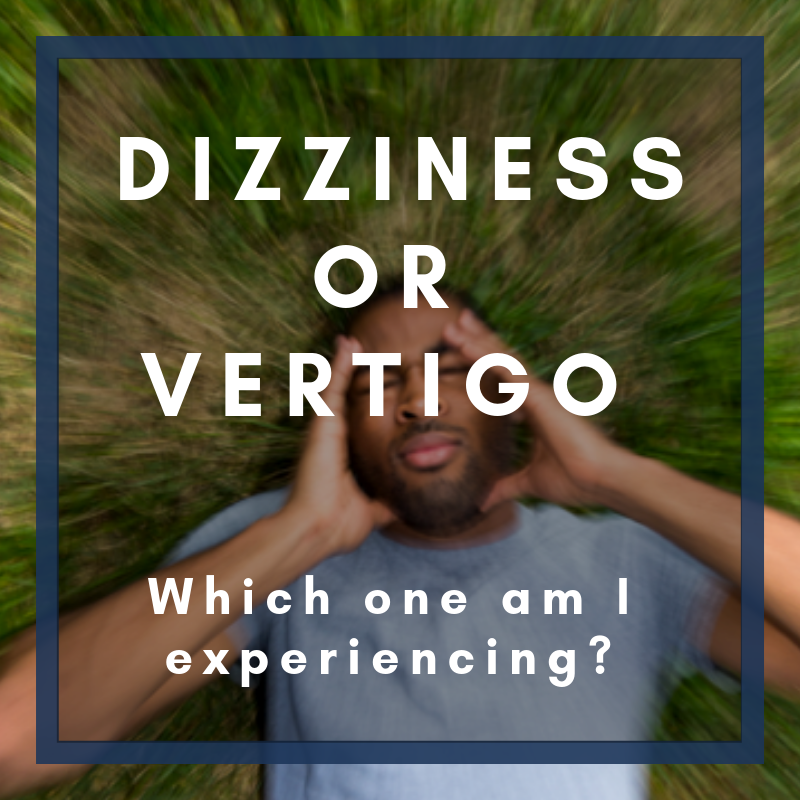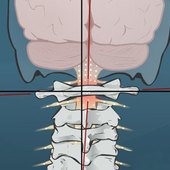
Dizziness is a strange phenomenon, and anyone who has experienced it will understand how difficult it can be to describe the feeling. Dizziness can mean very different things to different people, and descriptions may include: a spinning sensation, a feeling of light headedness or faintness, unsteadiness/off balance, feeling like the floor is rocking, a floating sensation, fogginess, or disorientation.
Often times, dizziness and vertigo are lumped together and used interchangeably. The more precisely you can describe your symptoms, the easier it will be to get a proper diagnosis and treatment. So, let’s explore these conditions a little deeper.
Vertigo – What is it?
Vertigo is a specific symptom characterized by a definite spinning sensation. Some people may feel like the environment around them is spinning, while others may feel as though they are spinning in their environment. Your balance control is located in a tiny apparatus in your inner ear called the vestibular system. Vertigo arises from dysfunction of this system and can either be a peripheral disorder or a central disorder.
Peripheral vestibular disorders result from imbalances in the inner ear; when the head is turned or moved in a particular direction, tiny crystals that trigger a spinning sensation may be dislodged. This is the most common cause of vertigo and is called Benign Paroxysmal Positional Vertigo. Other causes of peripheral vestibular disorders include Meniere’s disease, labyrinthitis, vestibular neuritis, and perilymph fistula, all of which affect structures in the inner ear.
Central disorders causing vertigo result from a disruption of the neurological connections in your brain that communicate with the vestibular system in your inner ear. These conditions can be more serious and must be diagnosed and monitored appropriately. This can include strokes, traumatic brain injuries (concussion), tumors, infections, and more.
Dizziness – how is it different?
Compared to vertigo, dizziness is a non-specific feeling of unsteadiness. This may include feelings of faintness or light headedness, and it may or may not be induced by specific body postures or head movements. Other causes of dizziness can include:
Understanding your symptoms and triggers can help expedite your treatment and get you back on track faster. Our doctors at The Vital PostureTM Clinic can help you get to the root of your problem and stop your world from spinning!
Dr. Michelle Speranza
NUCCA Chiropractor
The Vital Posture™ Clinic
Calgary, Canada



